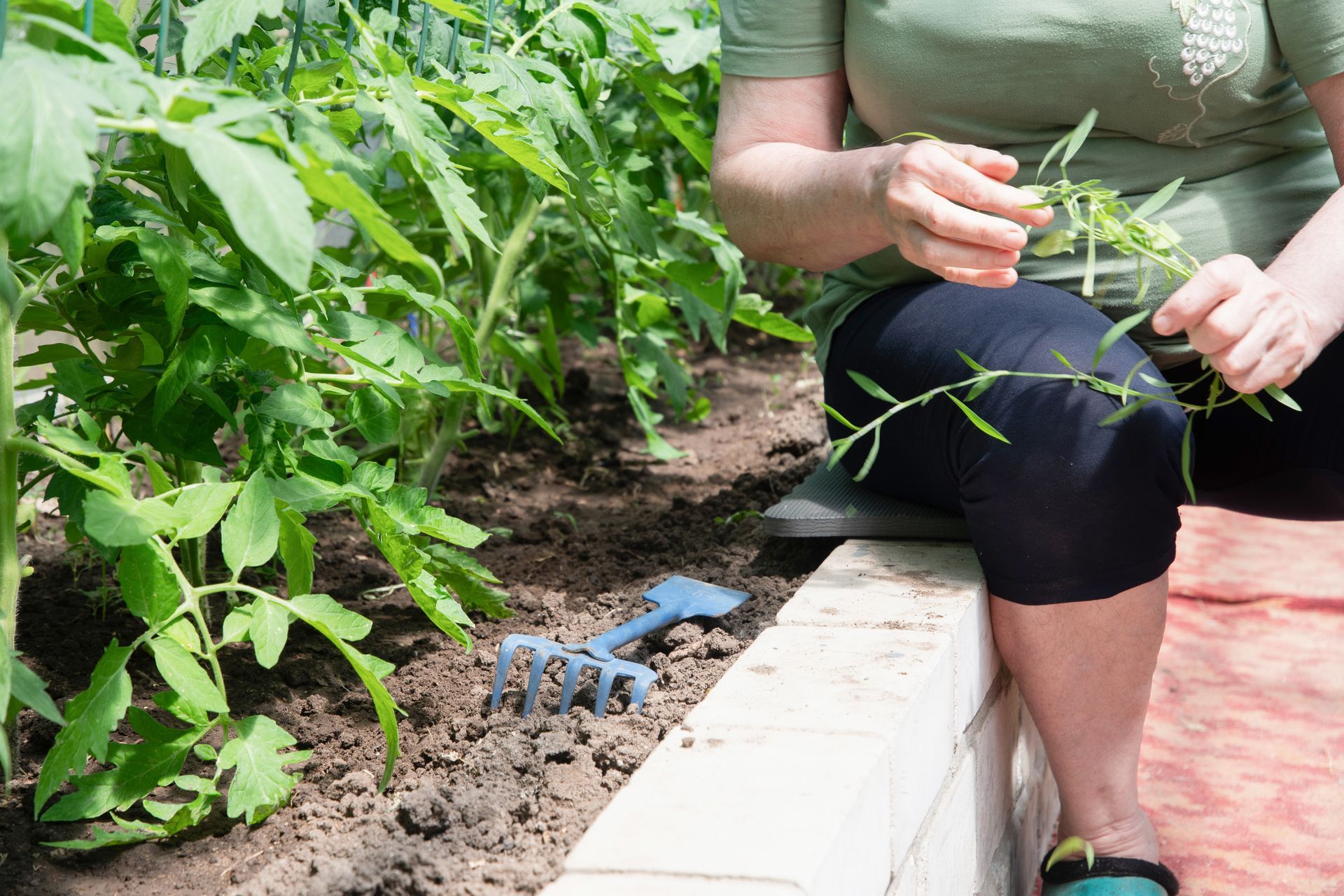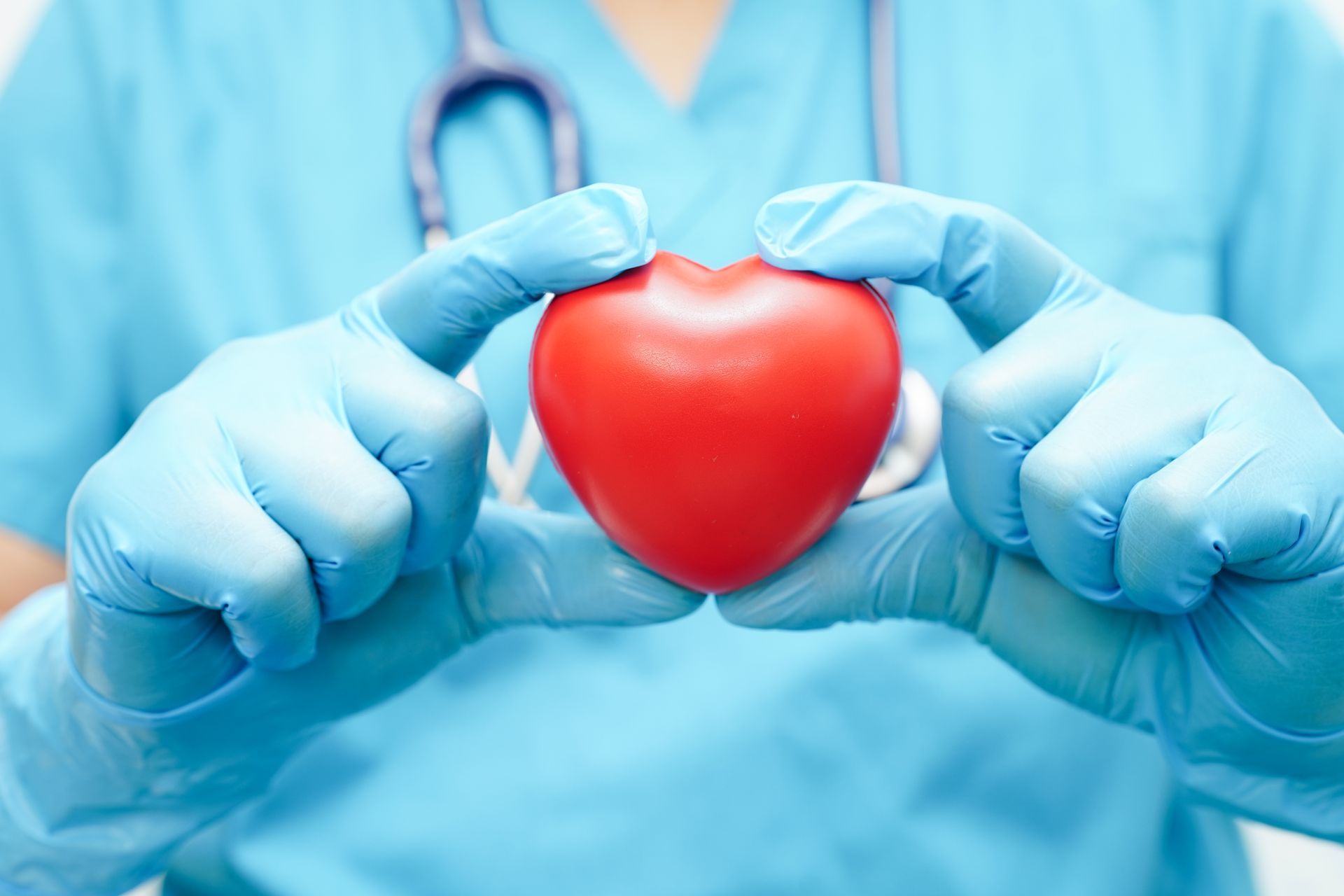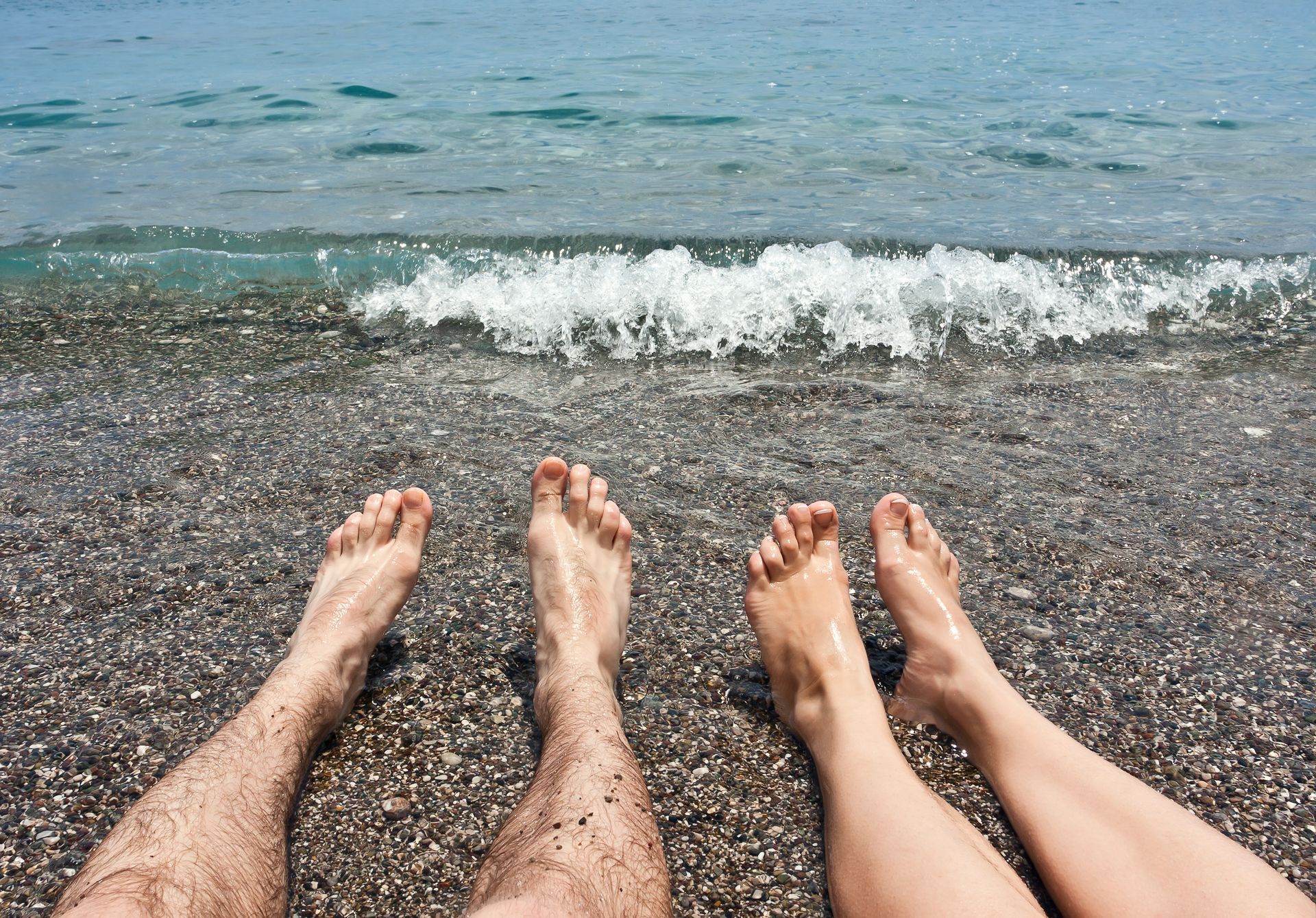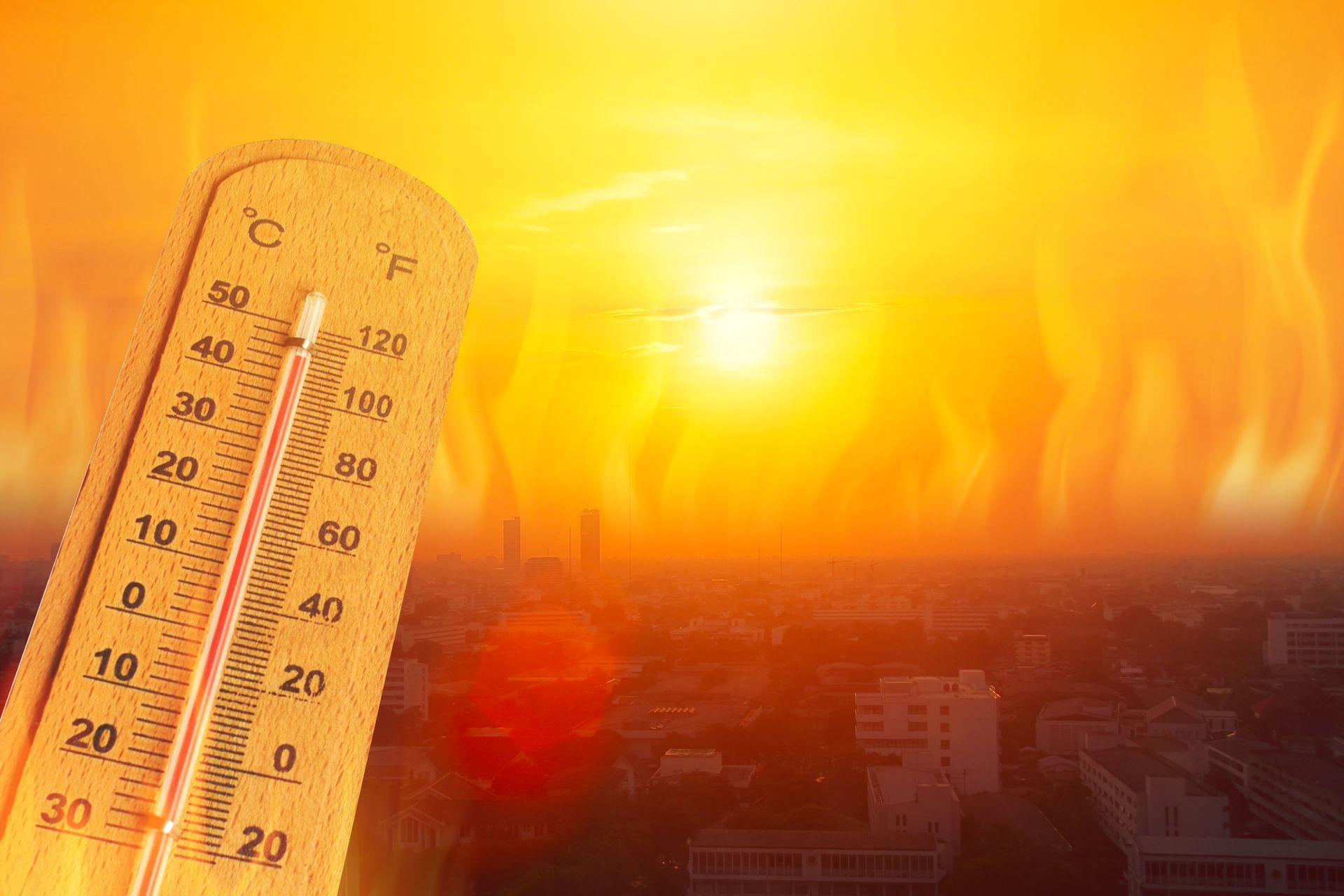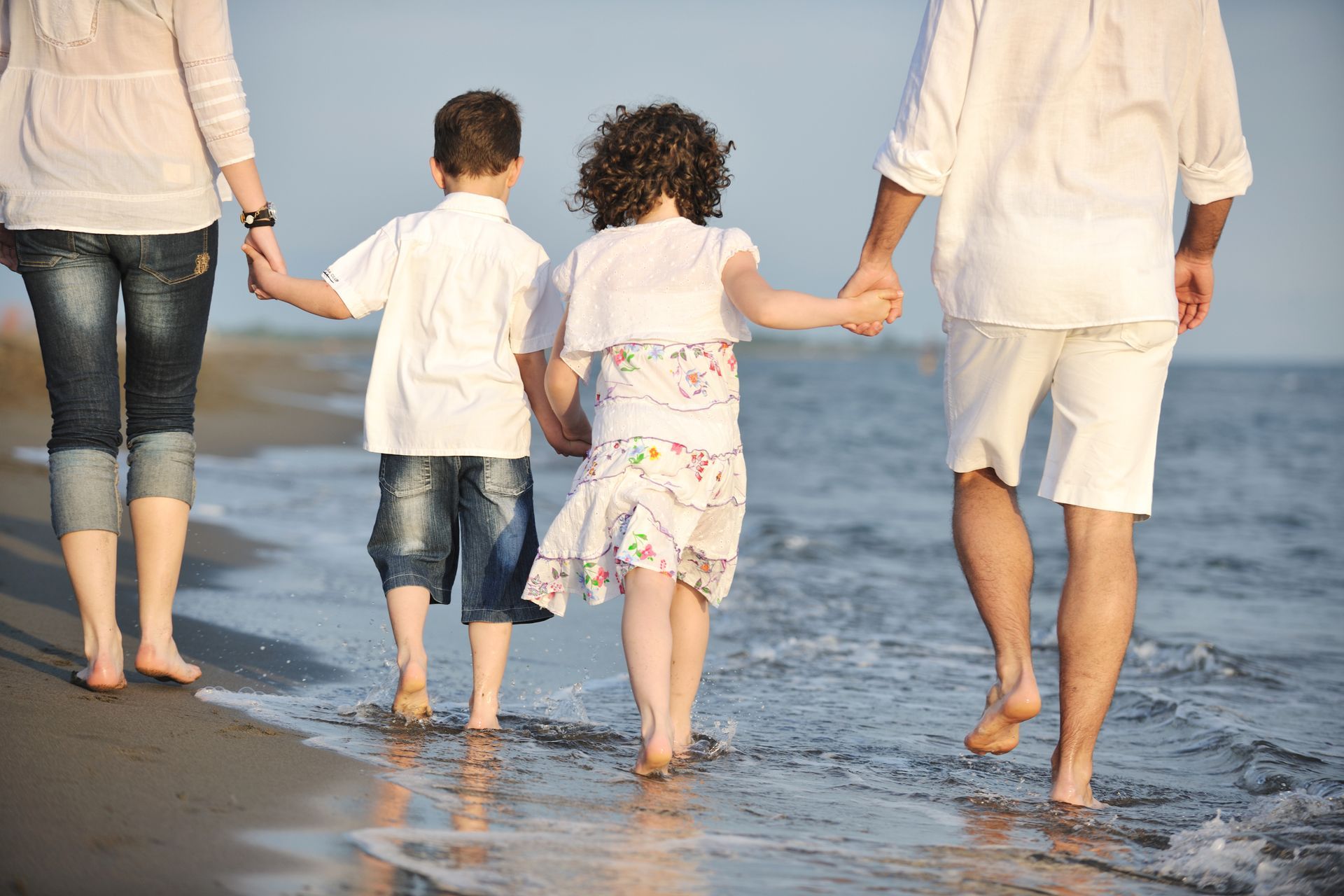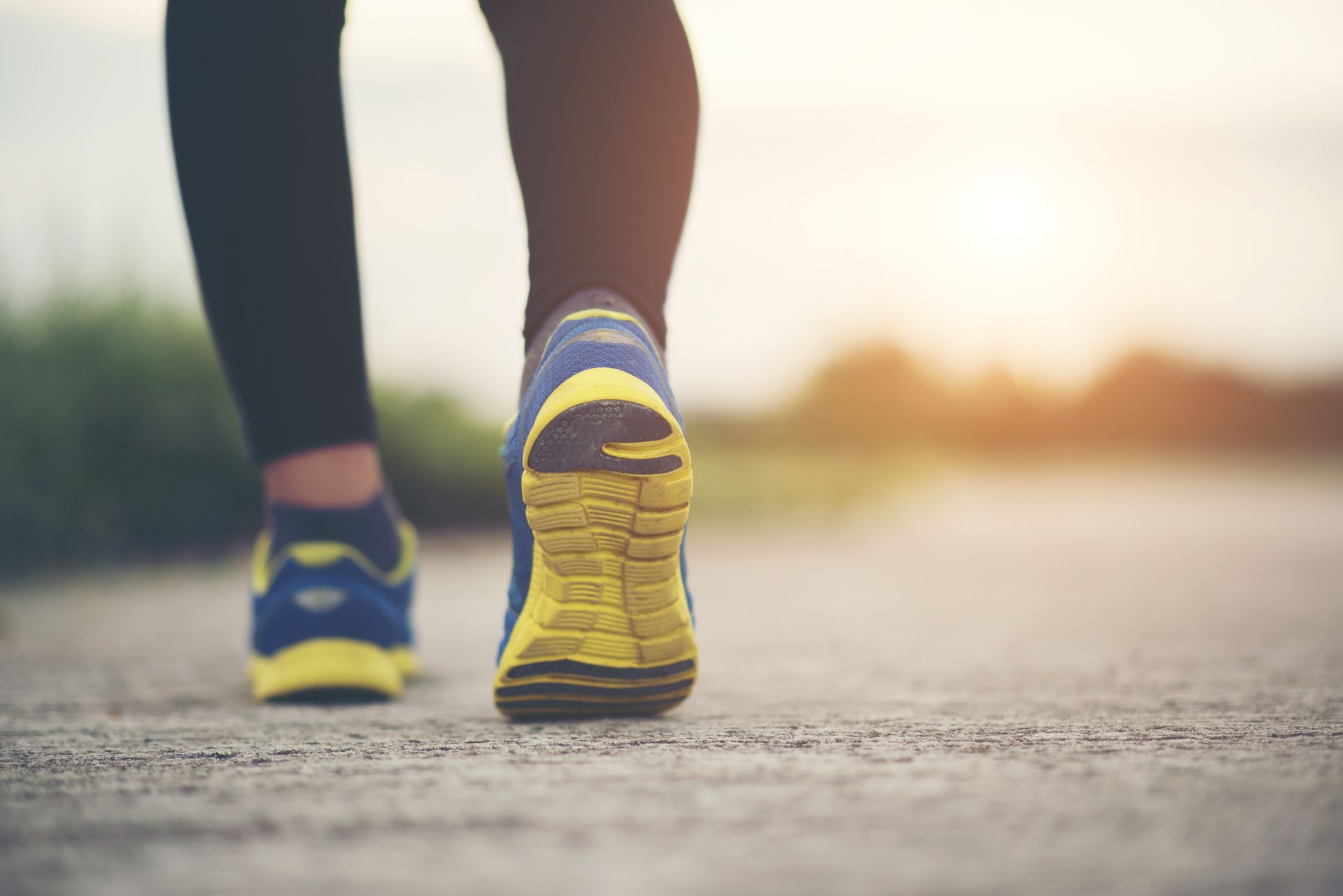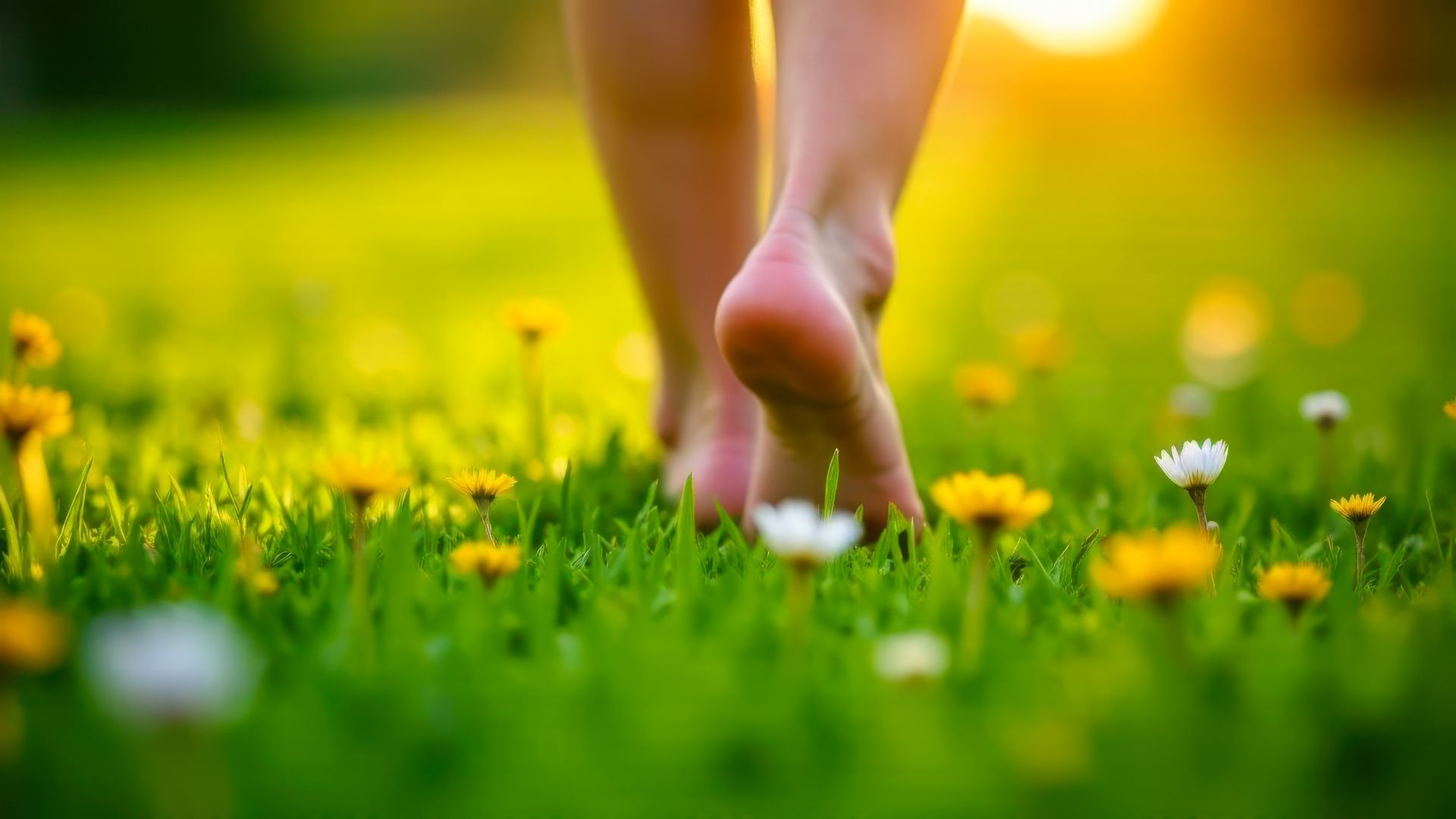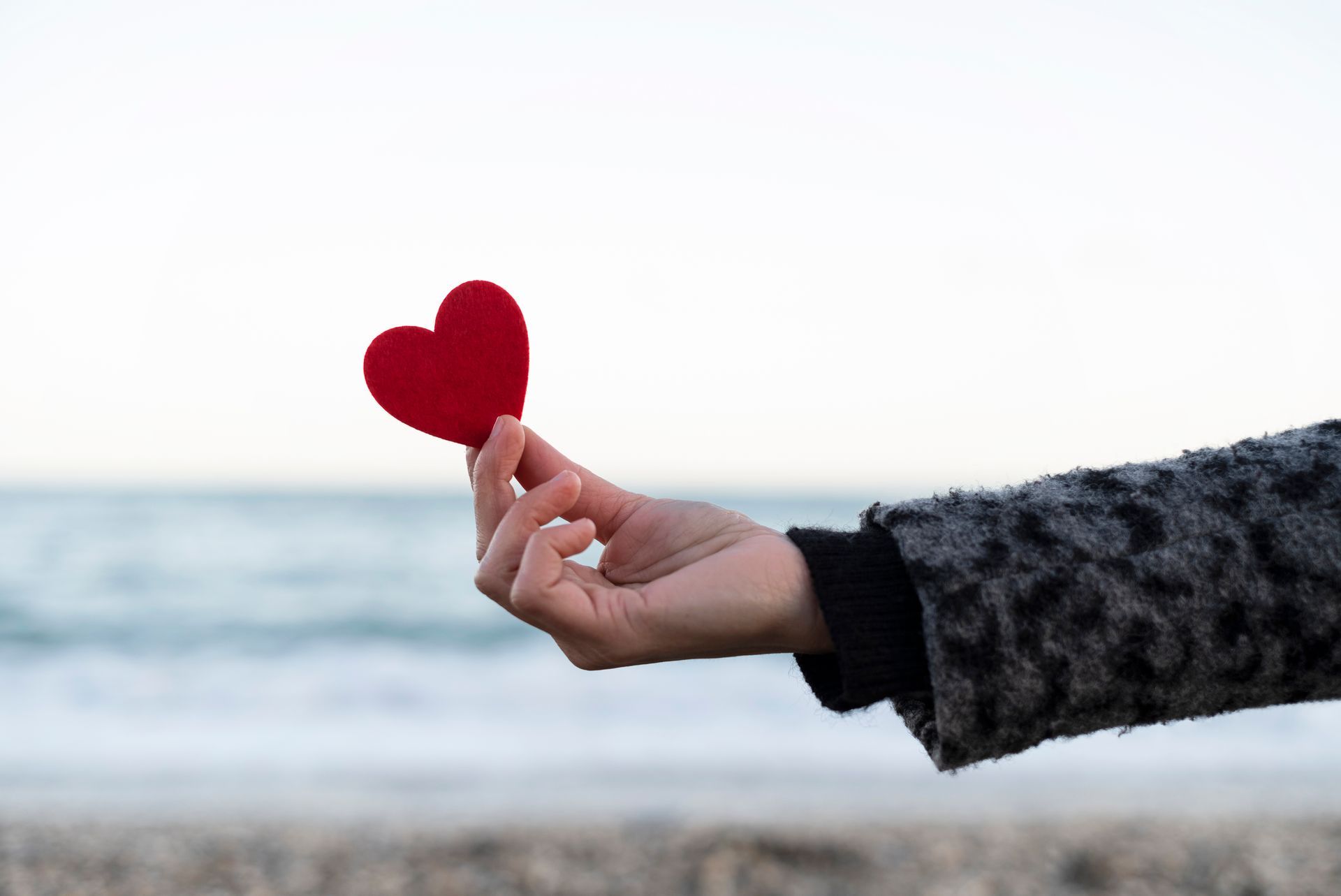Varicose Veins: How Much Do You Know?
Originally posted on Healthy Cells Magazine.
Over 30 million Americans suffer from venous disease, specifically varicose veins, and many didn’t know they were at risk or recognize the signs and symptoms as they occurred. Have you ever wondered if you have or are at risk of getting varicose veins? The following information will help you understand their cause, signs, and symptoms.
Because varicose veins come on gradually and sometimes painlessly, they often go unnoticed. The telltale signs that most people are familiar with are
dark purple or blue veins
that appear twisted and bulging on legs. While they don’t always cause pain, additional signs and symptoms that you may be suffering from venous disease include aching, throbbing, stinging and burning as well as swelling, cramping, leg fatigue, itching, and restless leg.
Varicose veins most commonly occur in the legs and feet, but any vein can become varicose. Healthy veins have valves that are spaced at intervals and work to keep blood flowing toward the heart. The muscles of the calves act as a heart for the venous flow in your legs: when your calf muscles contract, the blood in your veins is propelled upward and the valves prevent blood from flowing back toward your feet when your calf muscles are at rest. Varicose veins occur as a result of the weakening or deterioration of the valves, which results in blood flowing towards the feet and pooling in the veins.
Varicose veins occur three times more frequently in women than in men due to hormonal changes that occur during puberty, pregnancy, and menopause. Female hormones —especially progesterone—cause the valve tissue to soften and give way, and the vein walls to dilate. Taking estrogen or progesterone supplements and using birth control pills may increase a woman’s risk for varicose veins.
If you are a man who is experiencing the symptoms of venous disease, don’t avoid seeking treatment just because you thought it was more of a female issue or are worried about having to stay off your feet for an extended period of time.
Individuals with a family history of vein disease are at high risk of developing the condition. While you cannot change your genetics, you can take measures to slow the onset and progression of the condition. Maintaining a healthy weight and avoiding standing for long periods can be beneficial to vein health. In addition, the use of compression stockings assists the legs in pumping blood back up to the heart while minimizing symptoms. It’s important to note, that while compression stockings alleviate symptoms and may slow the progression of vein disease, they will not make varicose veins disappear.
Because varicose veins are considered a medical issue, treatment is covered under most insurance plans. Don’t let the discomfort of venous disease prevent you from doing the activities you enjoy with the people that you love.
If you suspect that you may be suffering from vein disease, why not find out for sure from The VEIN Specialists. They are the only fulltime practice providing only vein disease treatment. Call 309-862-4000 to schedule a FREE SCREENING EXAM with one of their physicians or request an appointment online at www.ILveins.com. They have convenient locations at 3302 Gerig Drive in Bloomington and 2011 Rock Street, Suite D2 in Peru.


